Home>Articles>Should I Turn Off My Ice Maker When On Vacation
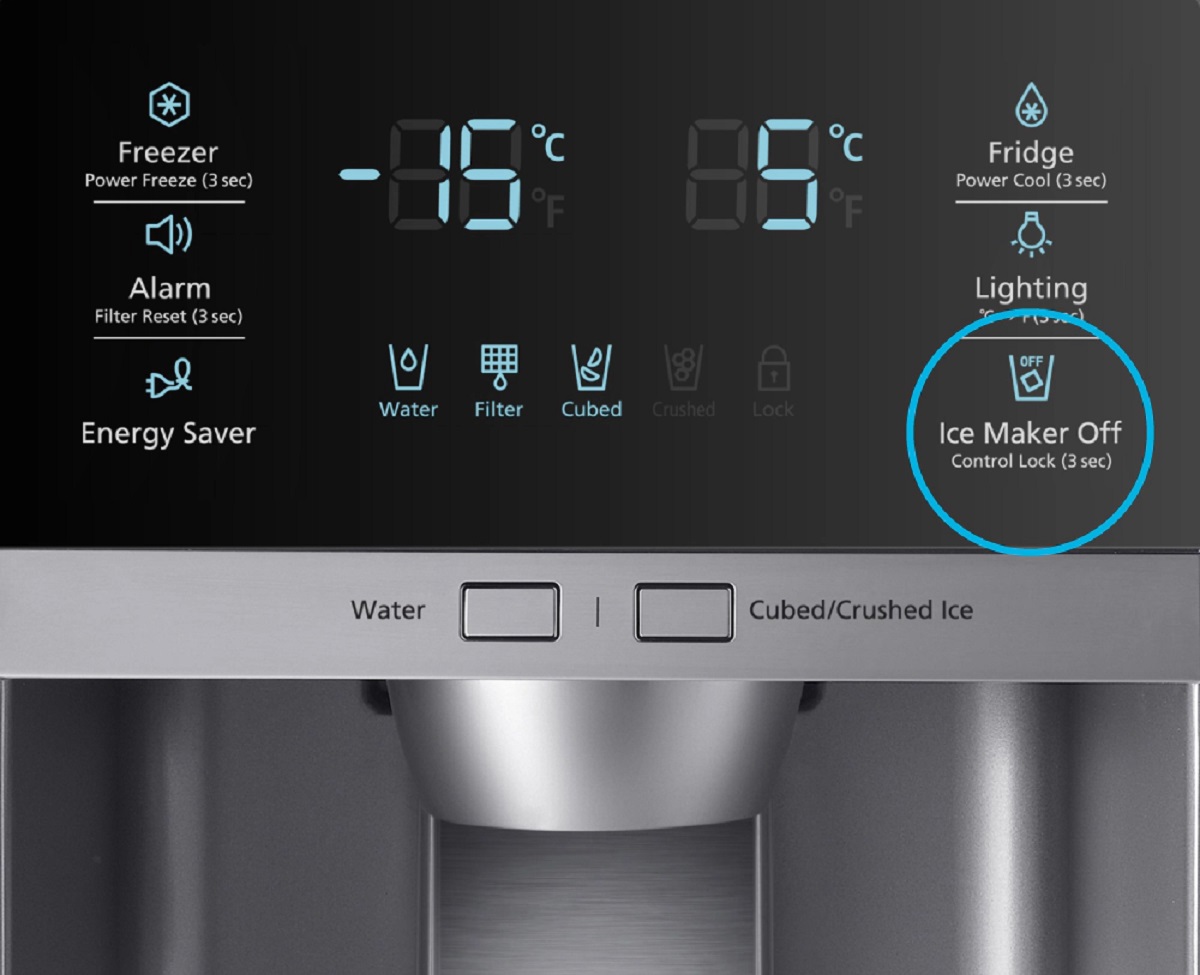

Articles
Should I Turn Off My Ice Maker When On Vacation
Modified: May 6, 2024
Unsure if you should turn off your ice maker during vacation? Read this helpful article for tips on whether or not to shut it off while you're away.
(Many of the links in this article redirect to a specific reviewed product. Your purchase of these products through affiliate links helps to generate commission for Storables.com, at no extra cost. Learn more)
Introduction
Going on vacation is an exciting time filled with anticipation and relaxation. But amidst the excitement, you may find yourself wondering about the various tasks that need to be taken care of before you leave. One question that often arises is whether you should turn off your ice maker when going on vacation.
To answer this question, it is essential to understand how an ice maker works and weigh the pros and cons of leaving it running while you are away. This article will guide you through these considerations and help you make an informed decision.
So, let’s dive in and explore the fascinating world of ice makers and the best practices for managing them during vacations.
Key Takeaways:
- Turning off your ice maker during vacation can save energy, prevent leaks, and extend its lifespan. Consider factors like ice consumption needs and manufacturer’s guidelines to make an informed decision.
- If you choose to leave the ice maker on, explore alternatives like adjusting ice production, utilizing vacation mode, or setting up remote monitoring for added convenience and peace of mind.
How Does an Ice Maker Work?
Ice makers are ingenious devices that provide us with a convenient and continuous supply of ice. But how exactly do they work? Understanding the inner workings of an ice maker can shed light on whether or not it should be turned off when on vacation.
An ice maker typically consists of three main components: a water supply line, a valve, and an ice mold. The process begins with water entering the ice maker through the supply line. The valve regulates the flow of water into the ice mold.
Once the water fills the mold, a cooling mechanism is initiated. The temperature is lowered, causing the water to freeze and form ice cubes. After the ice cubes are solidified, the mold is heated slightly to loosen the ice, allowing it to be effortlessly dispensed into a collection bin.
This cycle repeats itself as long as the ice maker is powered on and the water supply remains connected. It’s a continuous process that ensures a steady supply of ice for your daily needs.
Now that we understand the basic functioning of an ice maker, let’s examine the advantages and disadvantages of leaving it running when you go on vacation.
The Pros and Cons of Turning Off Your Ice Maker
Before making a decision about whether to turn off your ice maker while on vacation, it’s important to consider the advantages and disadvantages. Let’s explore the pros and cons of turning off your ice maker.
Pros of Turning Off Your Ice Maker:
- Energy Savings: By turning off your ice maker while you are away, you can save on energy consumption. Ice makers require electricity to function, and by shutting it off, you can reduce your energy usage and potentially save on utility bills.
- Prevention of Water Leaks: Even with their efficient design, ice makers can sometimes experience leaks or malfunctions. By turning it off during your absence, you eliminate the risk of a water leak that could cause damage to your kitchen or surrounding areas.
- Extended Lifespan: Giving your ice maker a break during your vacation can help prolong its lifespan. By reducing the hours of operation and wear and tear, you can potentially extend the longevity of your appliance.
Cons of Turning Off Your Ice Maker:
- No Ice Availability: The most obvious downside of turning off your ice maker is the lack of ice availability during your absence. If you rely heavily on ice for beverages or for cooling purposes, not having a functioning ice maker may be inconvenient.
- Ice Quality Concerns: When ice makers are left off for an extended period, the ice that remains inside the machine may melt and refreeze. This can result in the formation of stagnant and potentially unclean ice cubes. It is important to empty and clean your ice maker before turning it off to prevent any hygiene concerns.
- Melting and Refreezing Issues: Depending on the duration of your vacation, turning off your ice maker can lead to ice in the mold melting and refreezing, potentially causing blockages or other operational issues. It is advisable to consult the manufacturer’s guidelines or a professional if you plan on turning off the ice maker for an extended period.
Now that we have examined the pros and cons of turning off your ice maker, let’s address the question at hand: should you turn off your ice maker when on vacation?
Should I Turn Off My Ice Maker When on Vacation?
The decision of whether to turn off your ice maker when on vacation ultimately depends on your personal preferences, the duration of your absence, and the specific circumstances surrounding your ice maker. Here are some factors to consider when making the decision:
1. Duration of Vacation:
If you are going away for just a couple of days, it may be more convenient to leave the ice maker running. However, for longer vacations, especially if they span multiple weeks, it might be wise to turn off the ice maker to conserve energy and reduce the risk of potential issues.
2. Ice Consumption Needs:
Consider how much you rely on ice and whether you can manage without it for the duration of your vacation. If you have alternative sources of ice available or can store enough ice in advance, turning off the ice maker may pose minimal inconvenience.
3. Risk of Malfunction or Leaks:
If your ice maker has a history of malfunctions or leaks, or if you are concerned about potential issues arising during your absence, it may be safer to turn off the ice maker to prevent any damage or water leakage.
Read more: How To Turn Off An Ice Maker
4. Hygiene Concerns:
If you decide to turn off your ice maker, make sure to empty and clean it thoroughly before doing so. This will help prevent any hygiene concerns or the formation of unclean ice cubes when you turn it back on.
5. Manufacturer’s Guidelines:
Consult the manufacturer’s instructions or seek professional advice regarding your specific ice maker model. Some manufacturers may recommend turning off the ice maker when not in use for an extended period.
Ultimately, the decision to turn off your ice maker when on vacation is subjective and depends on your individual circumstances. If you decide to turn it off, here are some steps to follow:
Risks of Leaving the Ice Maker On
Leaving your ice maker on while you’re on vacation may come with certain risks and potential issues that you should consider. Although ice makers are generally designed to operate safely and efficiently, there are a few concerns associated with leaving them running unattended. Here are some of the risks:
1. Water Leaks:
One of the main risks of leaving the ice maker on is the potential for water leaks. Ice makers rely on a water supply line, valves, and various internal mechanisms to function properly. If any of these components malfunction or experience a leak, it could result in water damage to your kitchen or surrounding areas.
2. Ice Cube Buildup:
When an ice maker is constantly running, ice cubes may accumulate in the mold and storage bin. Over time, this buildup can hinder proper ice production and lead to blockages in the system. It may also affect the quality and taste of the ice cubes, as older ice can absorb odors from the freezer or develop freezer burn.
3. Energy Consumption:
Leaving your ice maker on during your vacation can contribute to unnecessary energy consumption. Ice makers require electricity to operate, and by keeping them running when not in use, you are increasing your energy usage and potentially incurring higher utility bills.
4. Mechanical Failures:
Continuous operation of the ice maker can also put additional stress on its internal components, increasing the likelihood of mechanical failures or breakdowns. This can lead to costly repairs or the need for a replacement down the line.
5. Unattended Maintenance:
When the ice maker is left running, it may also be more difficult to perform routine maintenance and cleaning tasks. Regular cleaning is crucial for maintaining good hygiene and preventing the growth of bacteria or mold inside the ice maker.
Although the risks mentioned above are not guaranteed to occur, they are considerations to keep in mind when deciding whether to leave your ice maker on during your vacation. If you’re concerned about these risks or have experienced issues in the past, it may be advisable to turn off your ice maker before you leave.
In the next section, we will outline the steps to follow for turning off your ice maker properly.
Steps for Turning Off Your Ice Maker
If you’ve decided to turn off your ice maker while you’re on vacation, it’s important to follow the proper steps to ensure a smooth shutdown. Here’s a step-by-step guide to help you turn off your ice maker correctly:
1. Locate the Power Switch or Unplug the Ice Maker:
Depending on the model of your ice maker, there may be a power switch that you can simply turn off. If not, unplug the ice maker from the electrical outlet to ensure it is completely powered down.
2. Shut Off the Water Supply:
Locate the water supply valve connected to your ice maker. Usually, it will be located behind the unit or under your sink. Turn the valve clockwise to shut off the water supply. This will prevent any water from entering the ice maker while you’re away.
3. Empty the Ice Bin:
Before leaving, make sure to empty the ice bin completely. Dispose of any ice cubes or water remaining in the bin, as this will prevent melting and refreezing issues and ensure cleanliness when you return.
4. Clean the Ice Maker (Optional):
If you have the time and opportunity, it’s a good idea to clean the ice maker before turning it off. Follow the manufacturer’s instructions or use a mixture of warm water and mild dish soap to clean the interior surfaces. Rinse thoroughly and allow it to dry completely before shutting it down.
5. Leave the Ice Maker Door Open:
To allow airflow and prevent any potential odors or moisture buildup, leave the ice maker door slightly open while it’s turned off. This will help maintain a fresh and dry environment inside the unit.
6. Secure the Ice Maker:
If necessary, secure the ice maker to prevent any accidental movement or damage while you’re away. Use straps or padding to keep it in place and protect it from any potential hazards.
By following these steps, you can confidently turn off your ice maker and minimize the risks associated with leaving it on during your vacation. However, if you prefer to keep your ice maker running or have specific concerns, consider the alternative options discussed in the next section.
Alternative Options to Turning off the Ice Maker
If you’re hesitant to turn off your ice maker or have specific reasons why you’d prefer to leave it on, there are alternative options available to ensure its safe and efficient operation while you’re on vacation. Consider the following alternatives:
Read more: How To Turn Off Ice Maker On Maytag Fridge
1. Adjust the Ice Production:
Many ice makers have adjustable settings that allow you to control the rate of ice production. If you don’t need as much ice while you’re away, consider reducing the ice production to a lower setting. This can help conserve energy and prevent excessive ice buildup during your absence.
2. Utilize the “Vacation Mode” (If Available):
Some modern ice makers come equipped with a “Vacation Mode” feature. This setting is specifically designed for extended periods of non-use. Activate the vacation mode on your ice maker to optimize its energy consumption and reduce ice production until you return.
3. Clean and Maintain the Ice Maker:
Prior to leaving, perform a thorough cleaning of your ice maker to remove any built-up minerals or debris. This will help maintain the quality of the ice and prevent any potential blockages during your vacation. Additionally, ensure that the ice maker is in good working condition by checking for any leaks or malfunctions before you go.
4. Have someone check on the Ice Maker:
If you have a trusted neighbor, friend, or family member nearby, you can ask them to periodically check on your ice maker while you’re away. They can ensure that it’s running smoothly, empty the ice bin if necessary, and address any issues that may arise during your absence.
Read more: How To Turn Off Ice Maker on Samsung Fridge
5. Set Up Remote Monitoring:
Consider investing in a smart home system that allows you to remotely monitor and control your ice maker. With this technology, you can check the status of your ice maker, adjust settings, and receive alerts if any problems occur. This gives you peace of mind and allows you to manage the ice maker even when you’re far away.
By exploring these alternative options, you can find a solution that aligns with your preferences and addresses any concerns you may have about turning off your ice maker during your vacation.
Conclusion
Deciding whether to turn off your ice maker when going on vacation is a personal choice that depends on various factors such as the duration of your absence, your ice consumption needs, and the specific circumstances of your ice maker. As we have discussed, there are pros and cons associated with both leaving the ice maker on and turning it off.
If you decide to turn off your ice maker, it is important to follow the proper steps to ensure a smooth shutdown. This includes shutting off the power, turning off the water supply, emptying the ice bin, cleaning the ice maker (if desired), leaving the door slightly open, and securing the unit. These steps will help prevent potential issues and ensure the safe and efficient operation of your ice maker when you return from vacation.
Alternatively, if you choose to leave the ice maker on, consider adjusting the ice production, utilizing vacation mode (if available), performing regular maintenance and cleaning, having someone check on the ice maker, or setting up remote monitoring for added convenience and peace of mind.
Ultimately, the decision should be based on your individual circumstances and preferences. Consider factors such as energy savings, potential risks of leaving the ice maker on, ice availability, and the overall convenience for your specific situation.
Remember to always consult the manufacturer’s guidelines and take necessary precautions to minimize any risks associated with leaving the ice maker on or turning it off. By making an informed decision and taking appropriate steps, you can ensure the optimal functioning and longevity of your ice maker while enjoying a worry-free vacation.
Whether you choose to turn off your ice maker or keep it running, it’s important to prioritize safety, energy efficiency, and proper maintenance. By doing so, you can continue to enjoy a continuous supply of ice and effectively manage your ice maker, whether you’re at home or away on vacation.
Ready to keep your house in top shape while cutting down on your utility bills? Curious about the best practices in home maintenance or ways to maximize your air conditioning's efficiency? Our articles cover everything from routine upkeep to smart, energy-conserving strategies for your cooling systems. Dive into our guides for practical advice that keeps your home running smoothly and your energy bills lower.
Frequently Asked Questions about Should I Turn Off My Ice Maker When On Vacation
Was this page helpful?
At Storables.com, we guarantee accurate and reliable information. Our content, validated by Expert Board Contributors, is crafted following stringent Editorial Policies. We're committed to providing you with well-researched, expert-backed insights for all your informational needs.
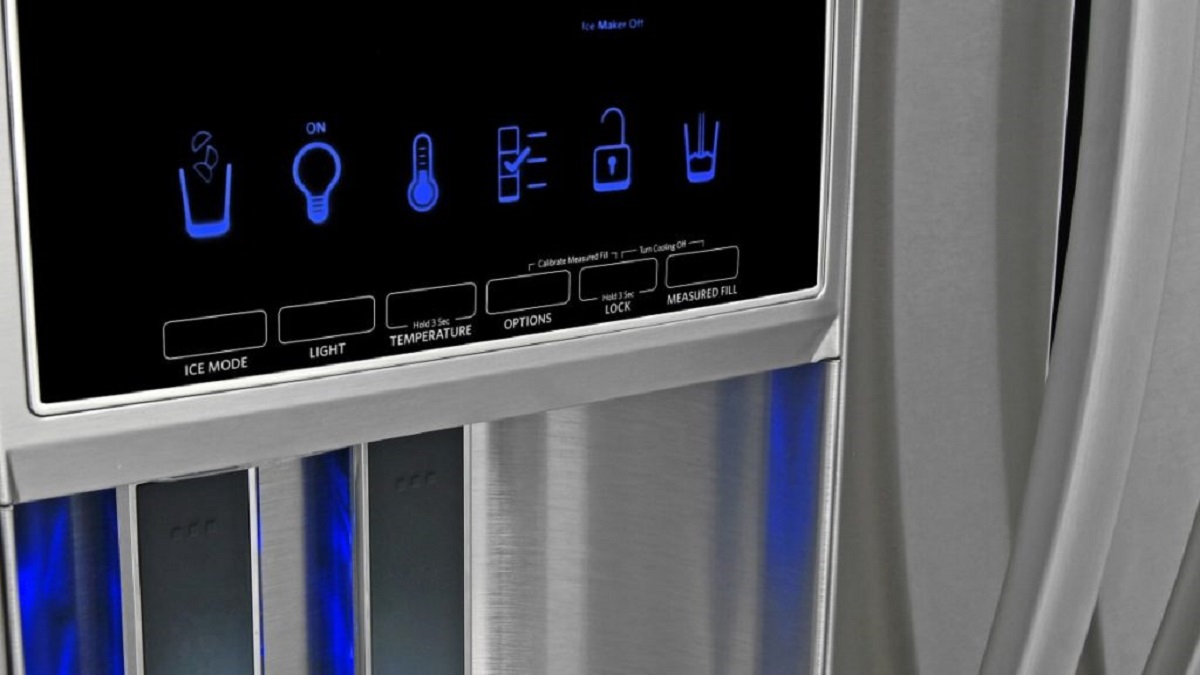
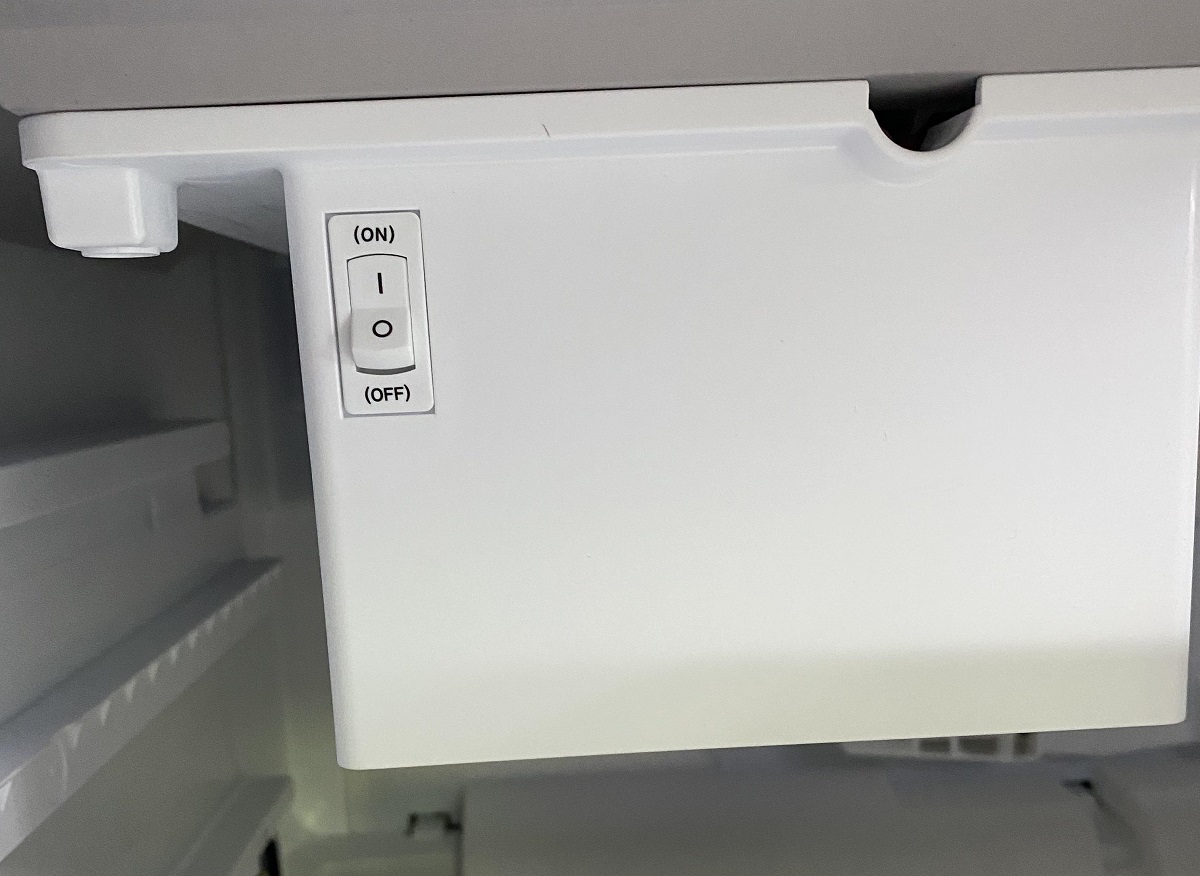
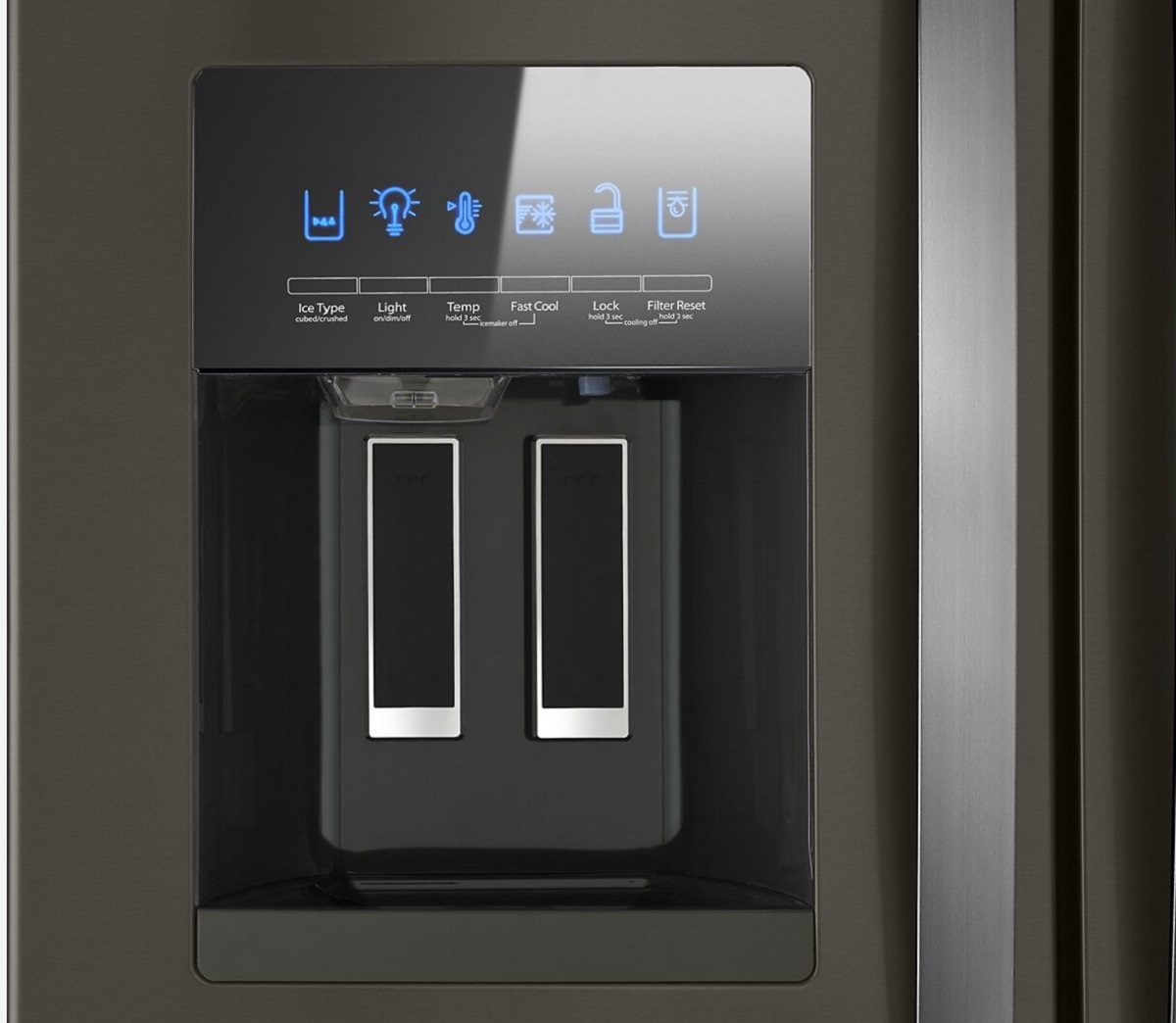
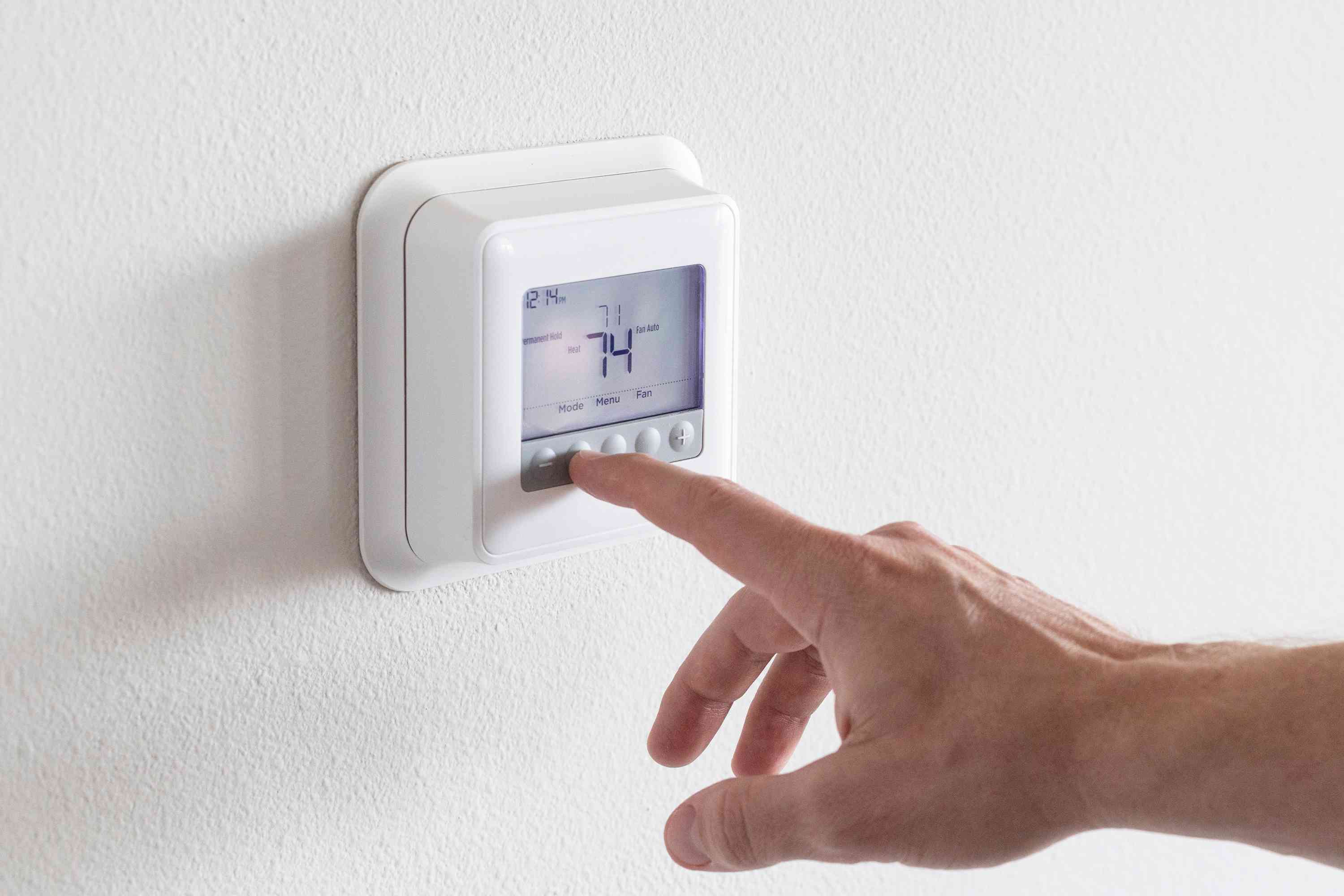
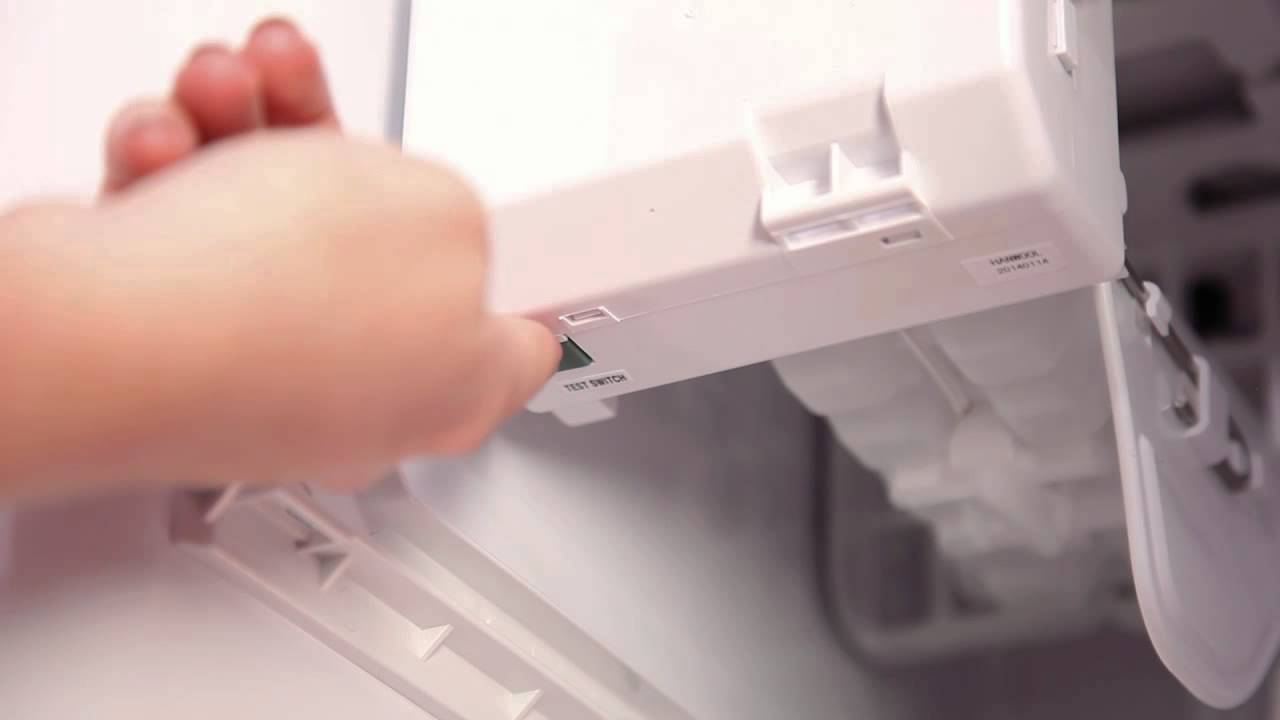
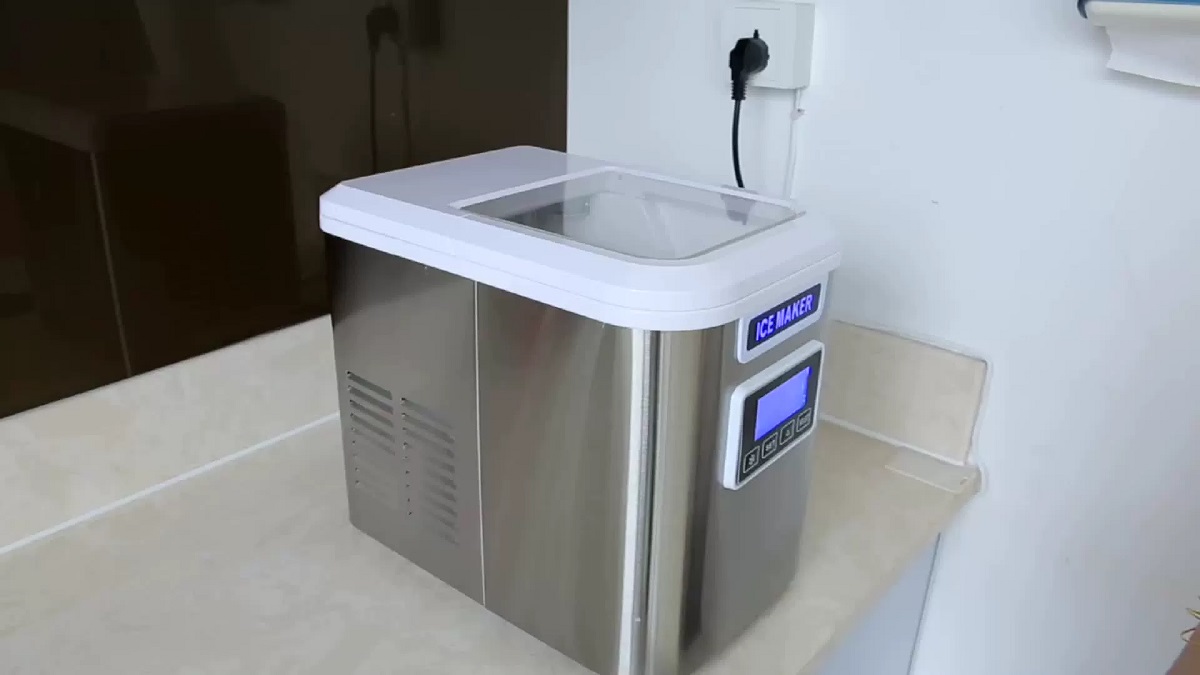
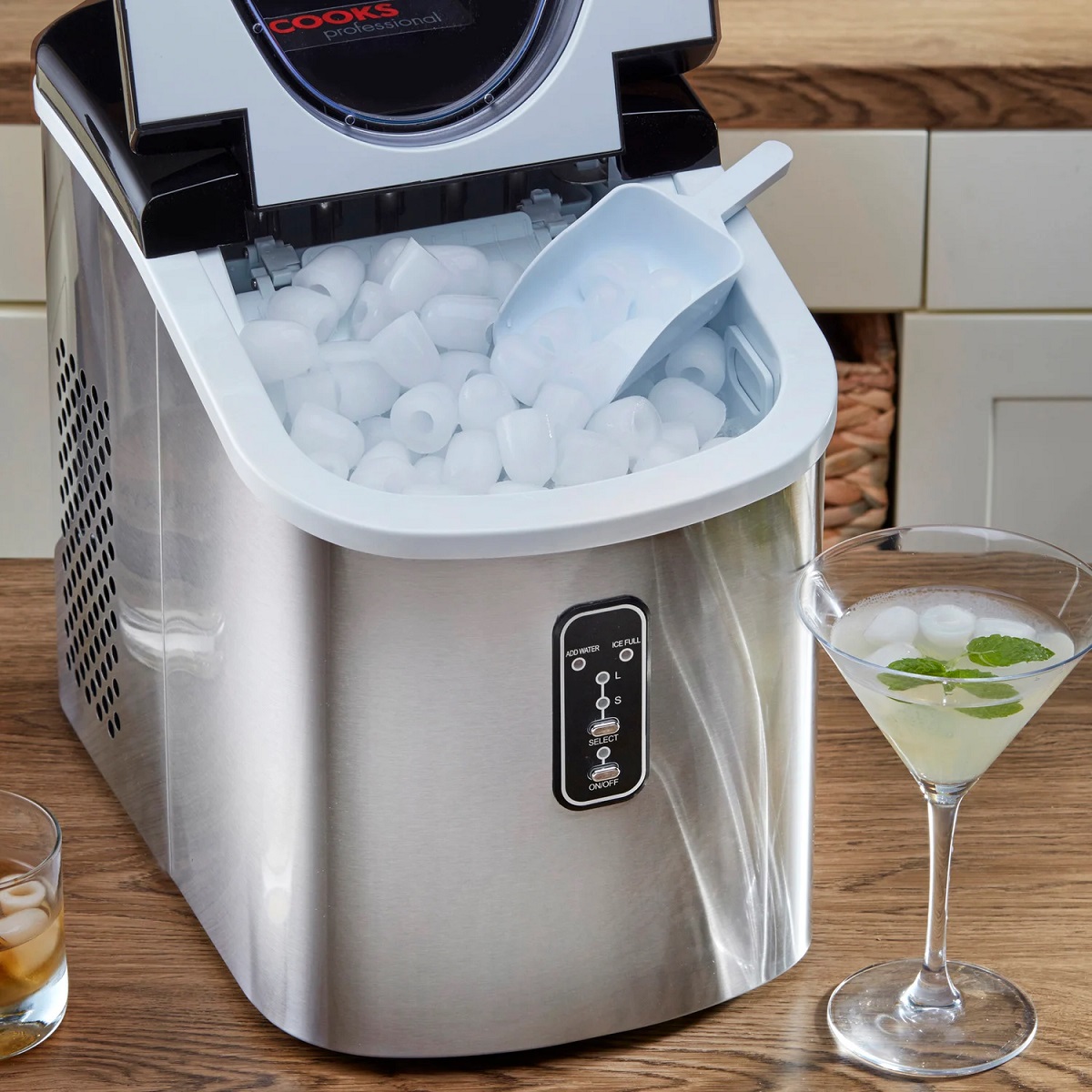
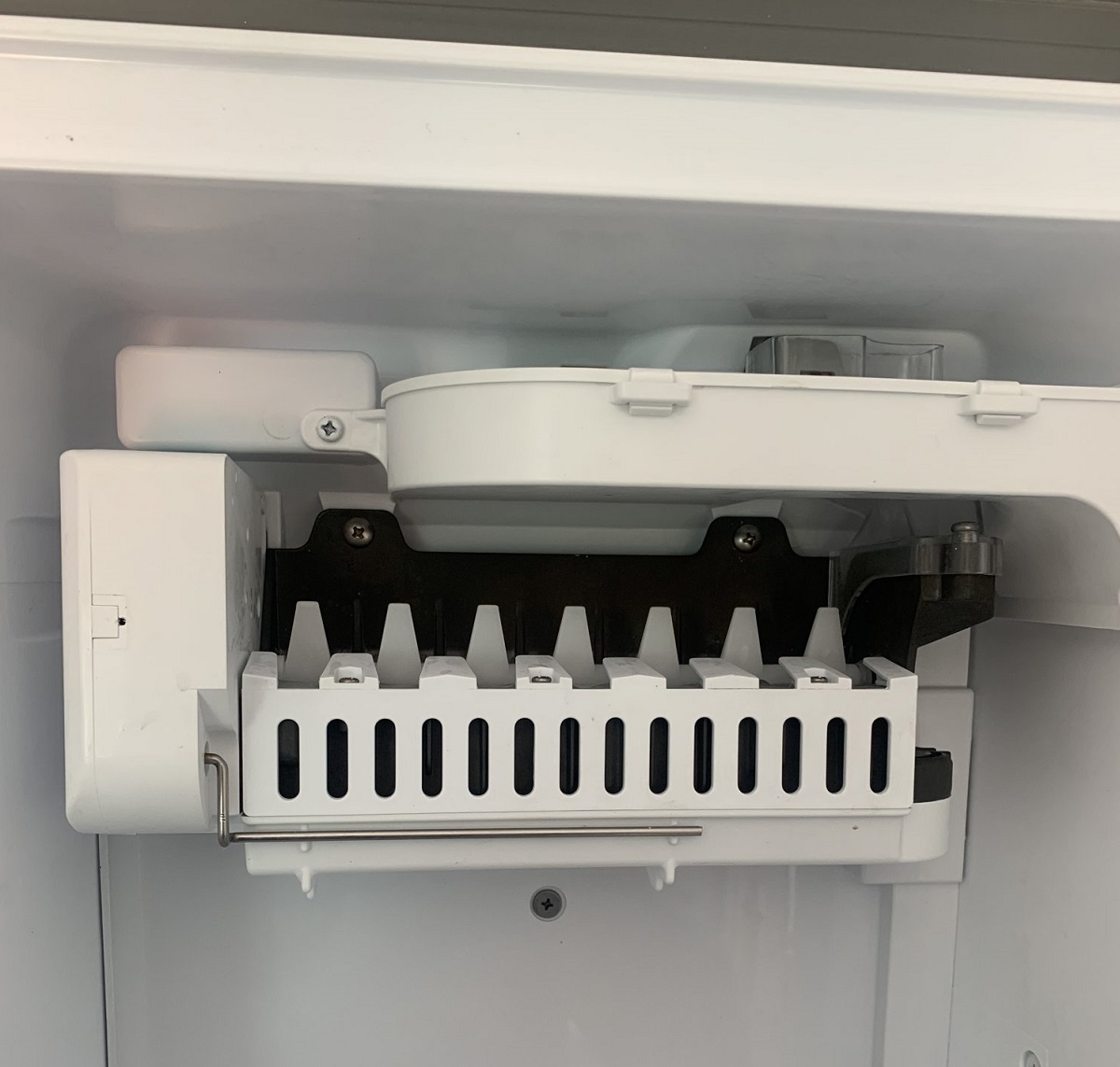

0 thoughts on “Should I Turn Off My Ice Maker When On Vacation”